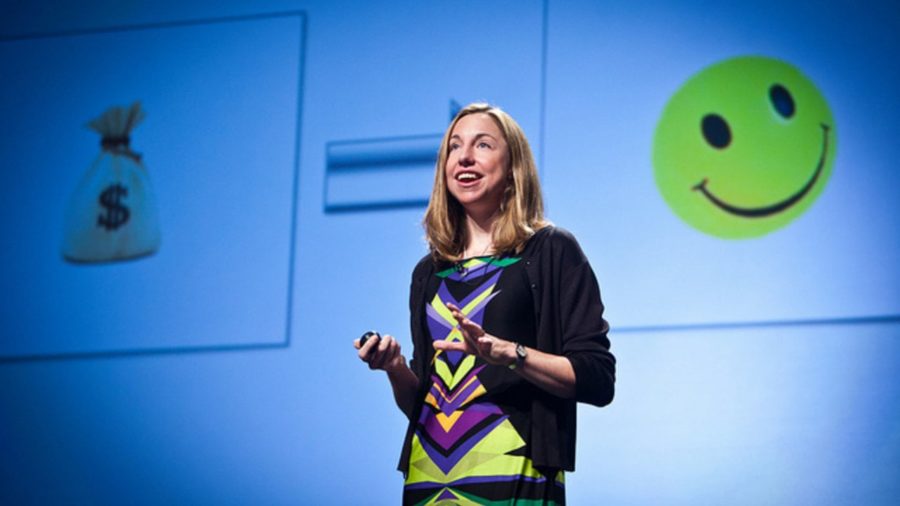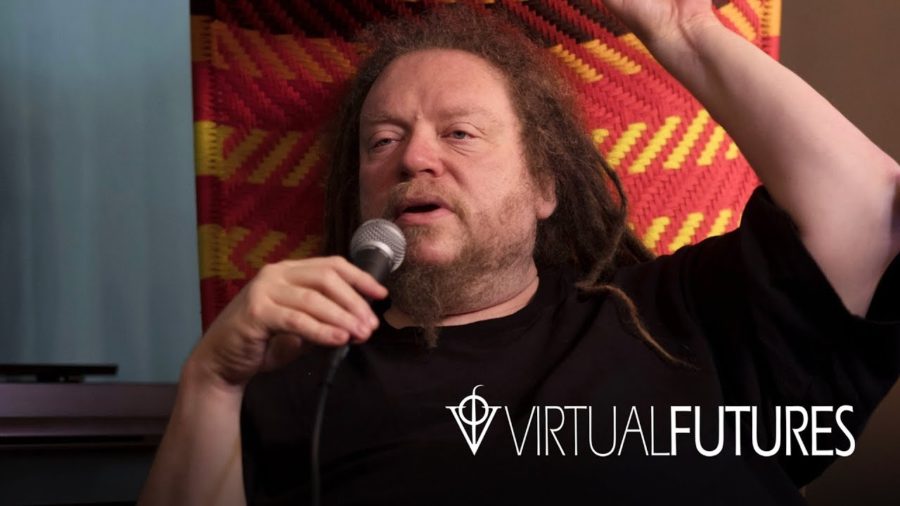So here’s what happened. If you tell people you’re going to have this super-open, absolutely non-commercial, money-free thing, but it has to survive in this environment that’s based on money, where it has to make money, how does anybody square that circle? How does anybody do anything? And so companies like Google that came along, in my view were backed into a corner. There was exactly one business plan available to them, which was advertising.
Archive
To me…we all draw our satisfaction from what we ourselves have been able to do with our lives. And if somebody, some government or someone else is just giving to me, I’m not going to be a happy person.
Today, in America right now, we only can think of growth in quantitative terms. And in a resource-constrained environment, how frickin’ stupid is that? You’re actually imposing your own death sentence by not being able to get over the grip of this quantitative dynamic.

Much of economics and public policy rests on the assumption that increasing the wealth of individuals and nations provides a route to increasing their wellbeing. So why does money fail us?
I like to think that we are an intelligent species. I mean, actually the people that often get this most quickly are the people who are poorest, because they know the system doesn’t work. But so many of our supposedly brightest people pick this up and don’t question it. And then we have the all the whole field of economics, which is an ideology built on assumptions that if you examine them are absurd. Because you know, economists simply look at the economy as a pricing system. They’re not system thinkers. Part of the cause our crisis is that we’re not educated to think in terms of systems.
What’s key…is that we all need to work together. There’s no way for all of us to know about each other. We’re in that part of this new way of being that there’s too many players. It’s too chaotic. There is no center, there is no hub. But we need to find ways to work together, and to lose the idea that any one of us is the solution. Because if any one of us were the solution, we wouldn’t be where we are now.

